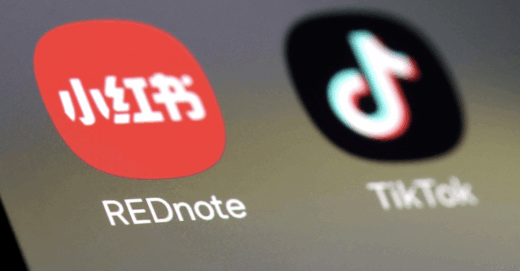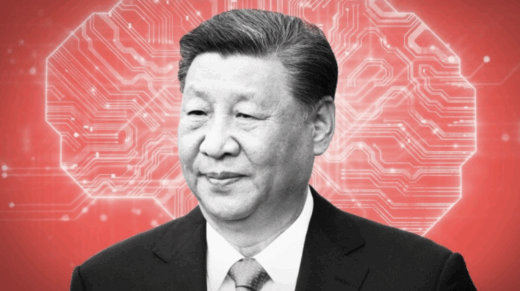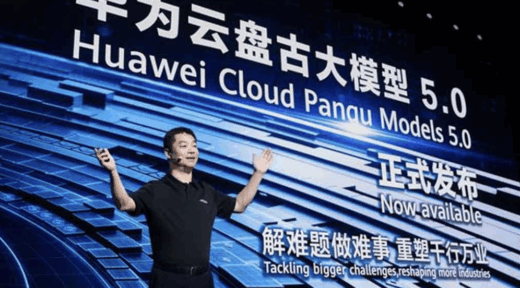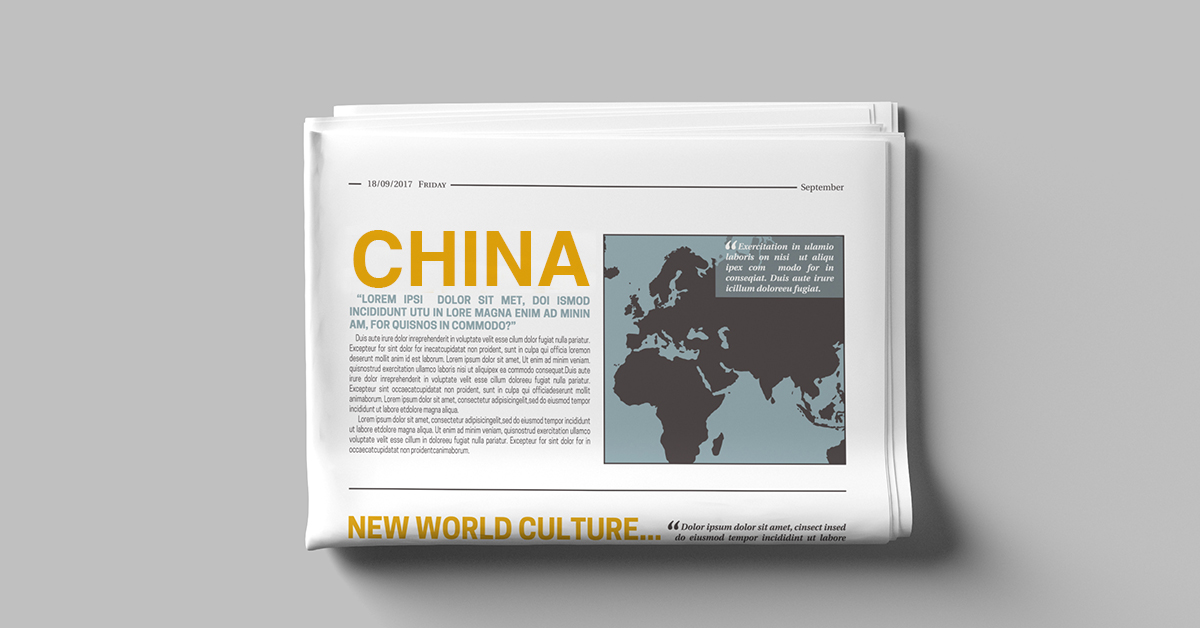RedNote’s $26B Surge Puts TikTok Rival in IPO Spotlight
Chinese social media platform RedNote (Xiaohongshu) has soared to a US$26 billion valuation, up from US$20 billion, following recent transactions through GSR Ventures, where it makes up 91% of the fund’s assets. This rapid rise highlights RedNote’s growing influence, particularly as a potential TikTok alternative amid U.S. scrutiny of Chinese apps. Founded in 2013, RedNote has become China’s go-to platform for lifestyle content and e-commerce, and is projected to double profits to over $1 billion in 2024.

China Launches National Data Zones to Fuel AI and Digital Growth
China will establish 10 national data pilot zones to accelerate its digital economy and gain ground in the global AI race, particularly against the U.S. The National Data Administration announced the initiative, encouraging local governments to cultivate data-driven markets and integrate digital capabilities with traditional industries. With over 190,000 data-focused enterprises and a current market size of 2 trillion yuan (US$278.4 billion), China aims to grow this to 7.5 trillion yuan by 2030. A new three-year action plan (2024–2026) targets doubling data transaction volume and creating 300+ application scenarios to harness data’s transformative power across sectors.

Huawei’s Pangu Team Debuts Smarter AI Training with MoGE Breakthrough
Huawei’s Pangu research team has introduced a new AI training method called Mixture of Grouped Experts (MoGE), an improvement over the widely used Mixture of Experts (MoE) approach. Published in a recent paper, the MoGE model addresses inefficiencies in expert activation across devices by grouping and balancing workloads more effectively. This enhancement, powered by Huawei’s proprietary hardware, boosts performance while lowering training costs—key amid U.S. sanctions that limit access to advanced chips like Nvidia’s.

Tesla Tumbles, Microsoft Rises: Market Shake-Up Fueled by Politics and AI
Tesla is 2025’s worst-performing large-cap stock, down 29.3%, as electric vehicle demand wanes and CEO Elon Musk faces backlash over far-right associations and a heated feud with Donald Trump. The former president threatened to cut off government contracts after Musk criticized his tax bill, prompting White House aides to schedule a peace call. Once the 8th most valuable company, Tesla has slipped to 10th globally. Meanwhile, Apple also dropped to 3rd due to weak China sales and tariff fears. Microsoft surged to the top spot, buoyed by booming AI demand and strong partnerships, including its work with OpenAI.

AI in Court: UK Judge Warns Lawyers of “Severe Sanctions” for Fake Citations
The High Court of England and Wales has issued a sharp warning against misuse of AI in legal work, stating that generative tools like ChatGPT cannot conduct reliable legal research. Judge Victoria Sharp highlighted two recent cases where lawyers submitted court filings riddled with fictitious or misattributed citations—some sourced from AI tools. While lawyers may use AI, they must verify all outputs against authoritative sources. Judge Sharp emphasized the legal profession’s duty to uphold accuracy, warning that failure to do so could result in sanctions, costs, or even criminal referral.

America’s Brain Drain: Scientists Flee as Funding and Visas Dry Up
Spending cuts and visa restrictions under the Trump administration are triggering a “once-in-a-century” brain drain, leaving U.S. science vulnerable as rival nations like China surge ahead. The National Science Foundation is issuing grants at a 35-year low, and foreign student restrictions threaten the academic pipeline. Top researchers report frozen funding and offers from abroad, including long-term backing from China. U.S. scientists are increasingly job-hunting in Canada, Europe, and Asia, while institutions like Harvard brace for recruitment bans. Experts warn the damage to science may be long-lasting, deterring future talent.

Autofocus for Eyes: IXI’s Vision to Disrupt the Eyewear Industry
While tech giants push AR and AI in smartglasses, Finnish startup IXI is quietly reinventing prescription eyewear with the world’s first autofocus glasses. Using eye-tracking sensors and liquid crystal lenses, the glasses dynamically adjust focus in 0.2 seconds—eliminating the limitations of bifocals and progressive lenses. Though still in development, the glasses aim to provide seamless vision correction without bulky tech.













